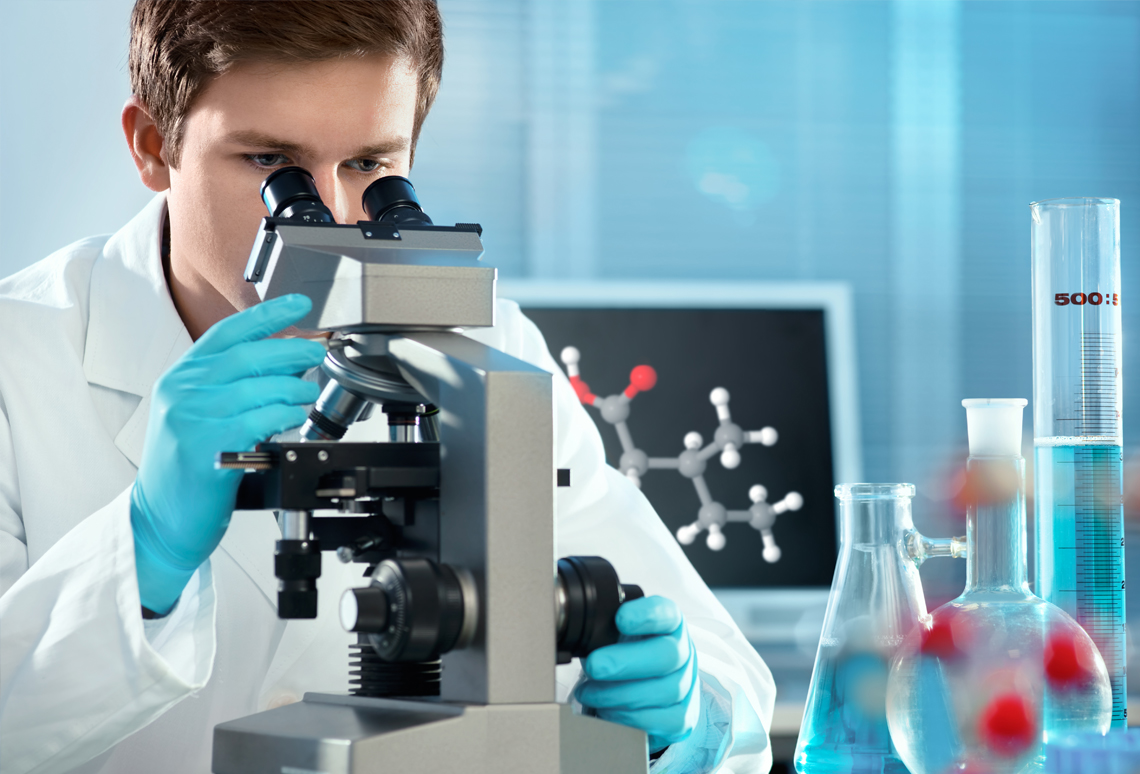Training for the Triathlon While Going Through Menopause
Find a Doctor
Most women start to experience menopausal symptoms between the ages of 45 and 50. They may go through mood swings, excessive fatigue, night sweats, hot flashes and other unpleasant symptoms. Although menopause is a big change, it doesn’t have to stop a woman from doing the things she wants, including training for a triathlon. If you have recently started menopause, you can still successfully train for the triathlon by making some adjustments.
Here are some tips for training for the triathlon while going through menopause:
Increase Your Protein Intake
Although eating enough protein is important for every triathlete, it is especially critical for menopausal women. Protein can help prevent bone and muscle loss that’s common during menopause. It’s a good idea to eat 1.4 g of your weight. Good sources of protein include chicken, fish, Greek yogurt, lentils, cheese and eggs.
Drink Plenty of Water
If you have been experiencing frequent hot flashes, you can become dehydrated a lot quicker, which can slow down your training. That’s why you should make sure to stay plenty hydrated throughout the day. Remember to drink some water before, during and after every training session.
Don’t Be Weary About Fat
When you’re going through menopause, you may be especially worried about weight gain. However, that does not mean you should completely eliminate fats from your diet. Healthy fats are good for your immune system and can help give you energy for your training. Foods like salmon, flaxseed, walnuts and avocados contain monounsaturated fats that your body needs, so include those in your diet. Try to limit your intake of saturated fats, as they can lead to weight gain.
Eat Enough Calcium
As you probably already know, lower bone density is common among menopausal women and can negatively affect your training. One of the most effective ways to keep your bones strong is to include plenty of calcium-rich foods in your diet, like milk, cheese, yogurt and green leafy vegetables. If you can’t get enough calcium from food, your doctor may suggest taking supplements.
Reduce Your Caffeine Intake
Although you do not have to completely give up your morning cup of coffee, you should try to limit the amount of caffeine you drink every day. Caffeine can increase hot flashes, night sweats and anxiety in some menopausal women. Try not to drink anything caffeinated after 1 or 2 p.m.
Eat the Right Amount of Carbohydrates
While eating the wrong amount of carbohydrate can lead to unwanted weight can, eating too few of them can hurt your training. Complex carbohydrates, like whole grains, fruits and starchy vegetables, give you energy for your training. Be sure to eat them before and after every training session. If you ever want to cut down your carbohydrates, do so on days you aren’t training.
If you need additional assistance training for the triathlon, you should consider working with a professional triathlon coach chooses.




